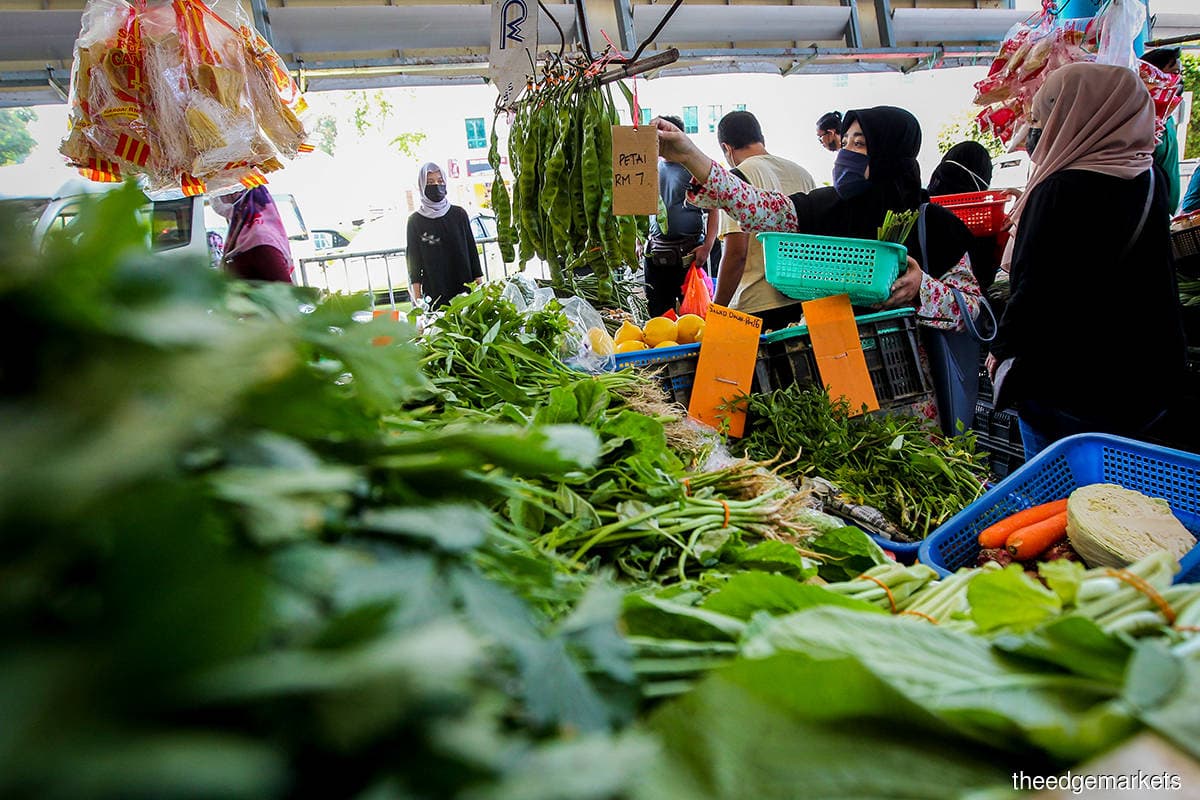
KUALA LUMPUR (June 2): Rising food prices and diminishing supplies as a result of the Russia-Ukraine war will likely last through 2024.
In a report titled “The Global Food Shock Will Last Years, Not Months" released on Thursday (June 2), S&P Global Ratings said fertiliser shortages, and export controls, disrupted global trade, and escalating fuel and transport costs will all exert upward pressure on the cost of staples.
S&P Global credit analyst Samuel Tilleray said the analysis shows low and low- to middle-income countries in Central Asia, the Middle East, Africa, and the Caucasus could be worst hit by the first-round impact.
The report has examined which rated sovereigns are the largest cumulative importers, relative to their own GDP, of the key grain and seed-oil items most significantly affected by the conflict.
S&P Global said the Caucasus nations Tajikistan, Uzbekistan, and Armenia look particularly exposed through their almost complete reliance on Russia for these key food commodities, should sanctions or self-sanctioning complicate trade.
Similarly, it said the Arab states Morocco, Lebanon, Egypt, and Jordan each rely non-trivially on Ukraine for their food supply and are therefore susceptible to war-induced disruption to ports and processing activities.
Tilleray said the shock to food supply will have negative implications for emerging market countries, affecting GDP growth, fiscal performance, and social stability.
"Although many of the sovereigns most exposed to this risk already have very low credit ratings, the negative economic or political fallout of the food shock could contribute to rating downgrades,” he said.
S&P Global said the potential impact on sovereign credit ratings will depend, among other things, upon the extent and severity of the food shock, the ability of governments to minimise the social and economic costs, and international efforts to help the affected countries.
It said Ukraine and Russia, both or individually, rank among the top three global exporters of wheat, maize, rapeseed, sunflower seeds, and sunflower oil.
Together, they account for 12% of all food calories traded. Russia and Belarus were the first- and sixth-largest exporters of fertilisers globally in 2020.